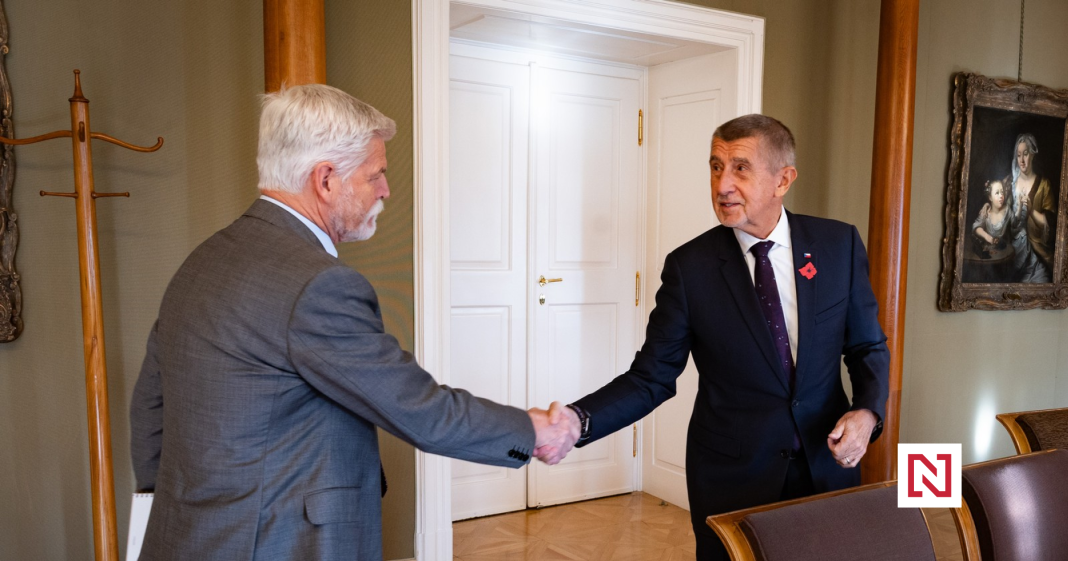Today, the political landscape in Prague witnesses a critical showdown between two influential figures, Petr Pavel and Andrej Babiš. Both are vying for pivotal roles that could shape the future of Czech politics, leaving citizens eager to understand what lies ahead.
The Candidates: Petr Pavel and Andrej Babiš

Petr Pavel, a seasoned military leader and former chairman of the NATO Military Committee, has transitioned into the political arena with a focus on enhancing Czechia’s role in global diplomacy. Known for his disciplined approach and strategic thinking, Pavel seeks to leverage his international experience to strengthen national security and foreign relationships.
In contrast, Andrej Babiš, a billionaire businessman and former Prime Minister, has been a polarizing figure in Czech politics. He built his political career on promises of economic reform and transparency but faced criticism over controversies related to business dealings and political maneuvering. Babiš appeals to voters who prioritize economic stability and pragmatic governance.
Key Issues in the Debate

The central issues in this political battle revolve around economic policy, EU relations, and national security. Pavel emphasizes the importance of defense strategies and aligning closer with NATO allies, whereas Babiš focuses on economic self-reliance and questioning EU regulations that he argues hinder Czech sovereignty.
Both candidates also differ on domestic issues, such as healthcare and education reform. Pavel advocates for substantial investments in public services to ensure sustainable growth and improved quality of life for citizens. Conversely, Babiš suggests a more conservative approach, prioritizing economic efficiency and privatization efforts when suitable.
Impact on Czech Politics

This political duel could significantly impact the balance of power within the Czech government. Pavel’s potential leadership might steer Czechia towards a stronger alliance with Western partners and a firm stance on defense initiatives, thereby potentially reshaping its international posture.
Babiš, however, could instigate a return to a more assertive nationalistic agenda, focusing on internal economic development and decreased dependency on foreign entities. This approach might resonate with portions of the electorate seeking greater autonomy in policy-making.
Public Reaction and Future Prospects

The political battle has sparked considerable public interest and debate. Supporters of Pavel appreciate his commitment to transparency and global cooperation, viewing him as a progressive future leader for Czechia. Meanwhile, those backing Babiš often highlight his business acumen and experience in steering the country through economic challenges.
The outcome of this political contest will likely influence voters’ perceptions and could set the tone for upcoming electoral cycles. Analysts suggest that the direction Czechia takes post-election may reflect broader European trends concerning nationalism and globalization.
In conclusion, the contest between Pavel and Babiš embodies the diverse political perspectives within Czechia, with each candidate offering distinct visions for the nation’s future. Observers keenly await the results, which promise to significantly shape the country’s trajectory.
Source: Official [entity name] website.





